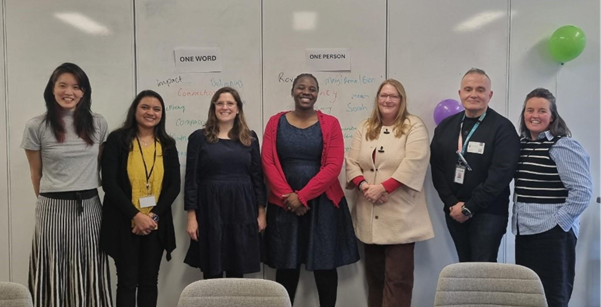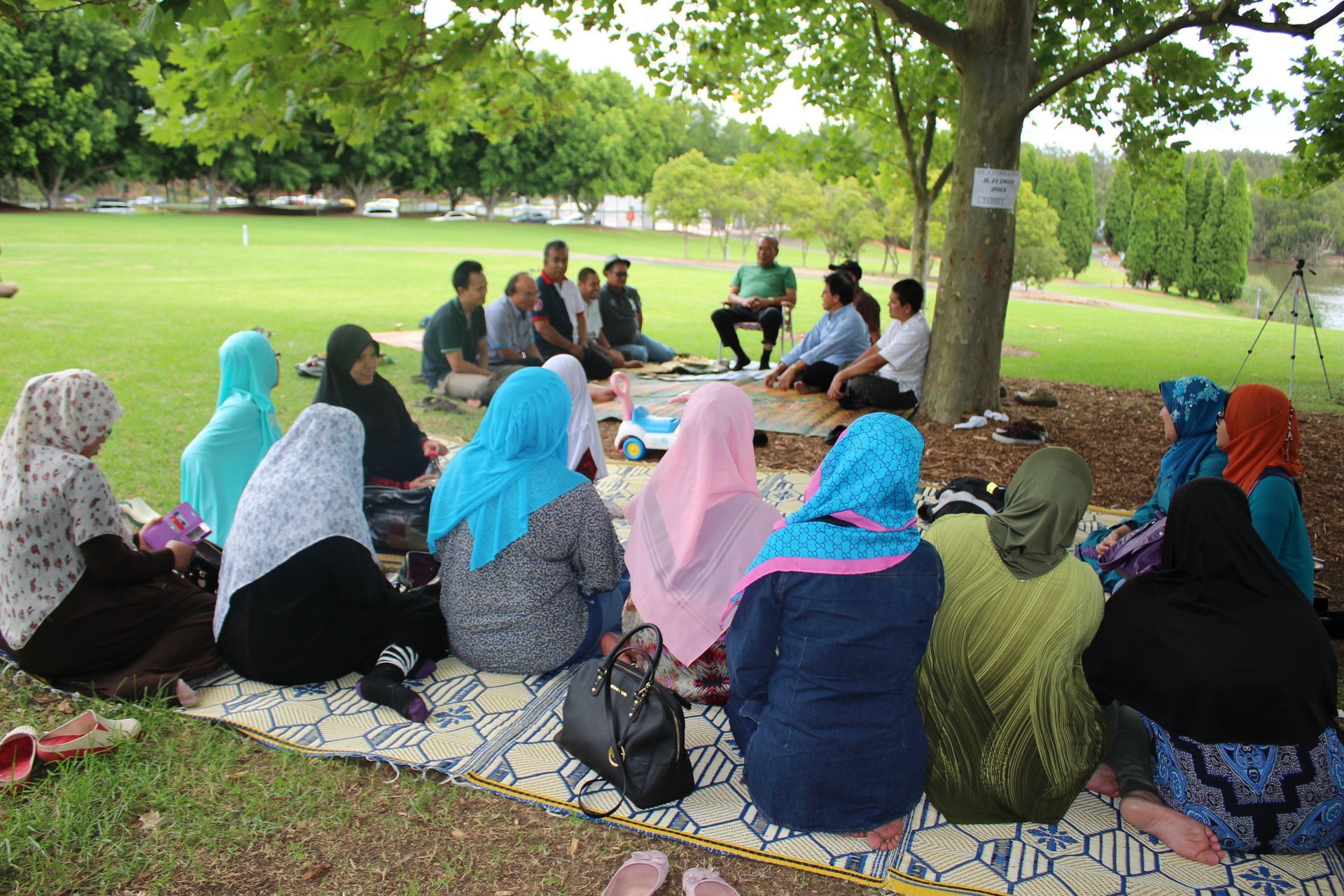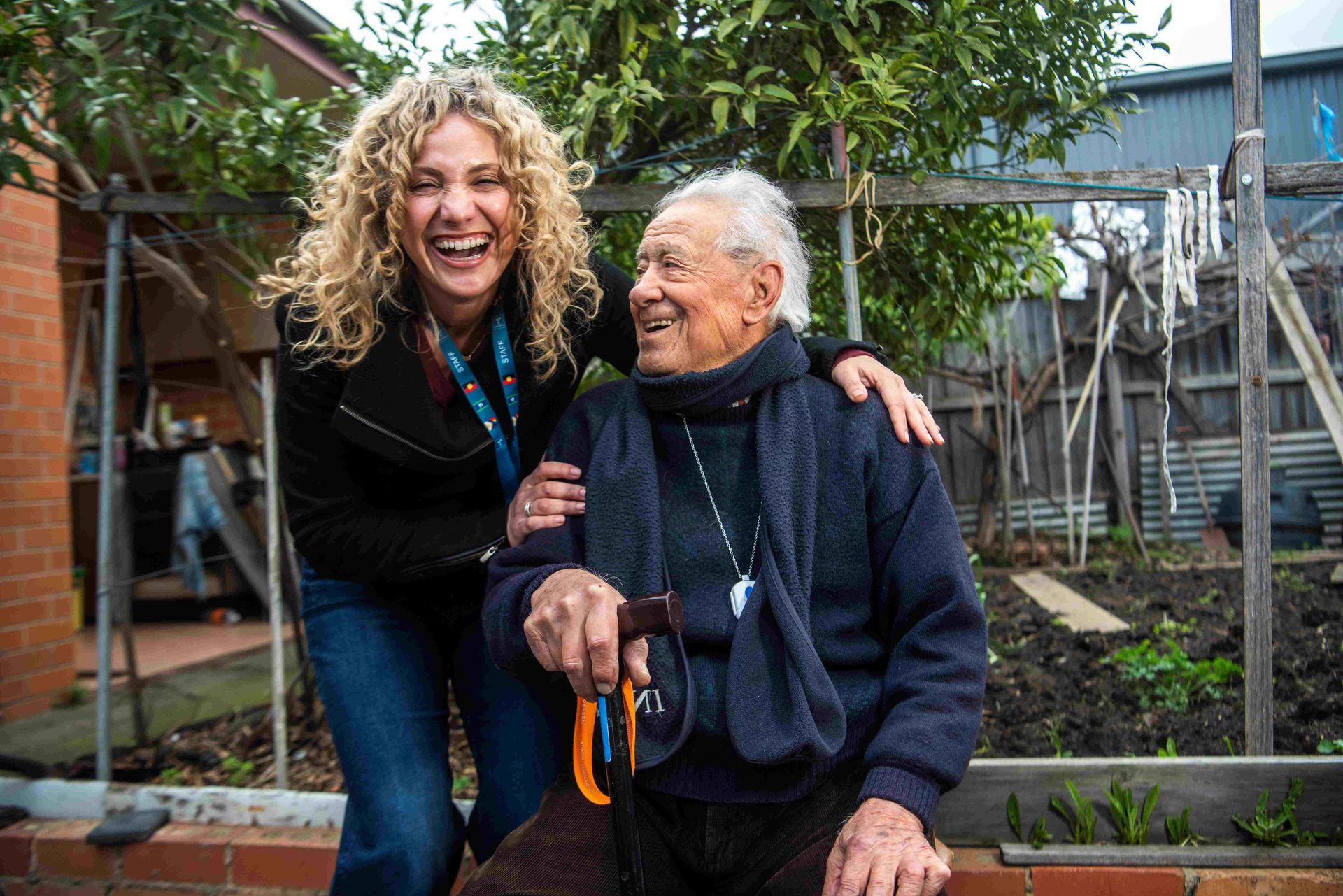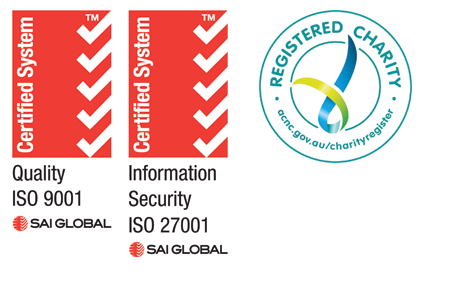Partnerships and collaborations
Health care functions best when people and organisations work together. NWMPHN is committed to cooperation, collaboration and catalysing caring communities.
people, including community members and health providers consulted as part of our community engagement activities
carers engaged in the online carer wellbeing and connection program
referrals made to NWMPHN older adult mental health programs
NWMPHN recognises that in health care and across communities, one size never fits all. This means that we approach our responsibilities using different strategies, and view them through different lenses, aiming for tailored outcomes. Central to this is listening to, and working with, health care service providers, consumers and people with lived experience.
In this section
NWMPHN engaged Carers Victoria to develop and deliver an innovative approach to improve social connectedness for people experiencing poor health outcomes in Hume and Wyndham. With a focus on carers of people with disability, mental illness, chronic health issues or age-related conditions, the program provides group discussions, individual planning and support, and follow-up care.
In response to the crisis in the Middle East, NWMPHN and South Eastern Melbourne PHN commissioned mental health responses to support impacted communities in Victoria. NWMPHN funded the Centre for Muslim Wellbeing to provide mental health and wellbeing support. Through the project over 20 partnerships were established with Muslim community organisations, mosques, and service providers.
Care finder services comprise a dedicated workforce to support people who require intensive support to navigate and access aged care. NWMPHN commissions eight organisations in its catchment to deliver these services, particularly to priority populations, including culturally and linguistically diverse communities, people with disability, and Aboriginal and Torres Strait Islander communities.
In March 2025 NWMPHN partnered with benzodiazepine dependency
specialist service Reconnexion to host a training session for general practitioners on approaches to safe deprescribing for patients taking antidepressants. The panel responses helped to dispel misconceptions and stigmas related to antidepressant use and its management, with particular reference to the NWMPHN region.
NWMPHN remains committed to ensuring its commissioned services are relevant, effective and responsive to community needs. This year, three major programs were concluded following careful evaluation and strategic reassessment – decisions guided by data, community feedback and a focus on delivering meaningful health outcomes.
NWMPHN has a partnership role in emergency management planning for our region. The scope of our model is framed by federal and state plans and directives. In 2024-25 NWMPHN revised its Emergency Management Framework, published its Emergency Preparation for Primary Care suite of information sheets, and updated and promoted its emergency response register for primary care providers interested in supporting our community during an emergency.
NWMPHN works with several organisations to deliver the Integrated Team Care program. It supports Aboriginal and Torres Strait Islander people with complex chronic health conditions to better manage their health. It connects patients with care coordinators, Aboriginal outreach workers, supplementary services and social supports.






